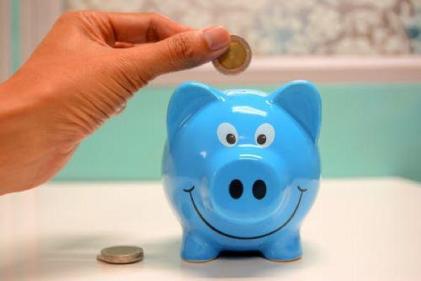As babies and children are more prone to dehydration than adults are, it is vital that a parent can recognise the signs.
Dehydration often occurs in toddlers when they have been ill with vomiting and diarrhoea. Dehydration is mild and can easily be corrected, but its best to prevent it from happening.
If your toddler is dehydrated, he may go for long periods without having a wet nappy. His urine will appear darker than usual and will have a strong odour. Your toddler will be lethargic and may have a dry mouth and lips. There also will be no tears when he cries.
If your toddler shows any of these signs, a call to the doctor is a good idea. Your doctor may want to check your child for other symptoms and will instruct you on what electrolyte replacement liquids you should give your child.
Severe dehydration can be recognised by sunken eyes, cold hands and feet, dizziness, and excessive sleepiness.
If your toddler shows any of these signs, take him to the hospital or call emergency services right away. Your child may require intravenous liquids.
To prevent dehydration it’s as simple as making sure that your toddler drinks plenty of fluids every day. Water is the best, but if they occasionally have juice, you can water it down some. Do not give your toddler carbonated drinks. They don’t do much to replace lost minerals and salts in the body and they are bad for your toddler’s teeth.






